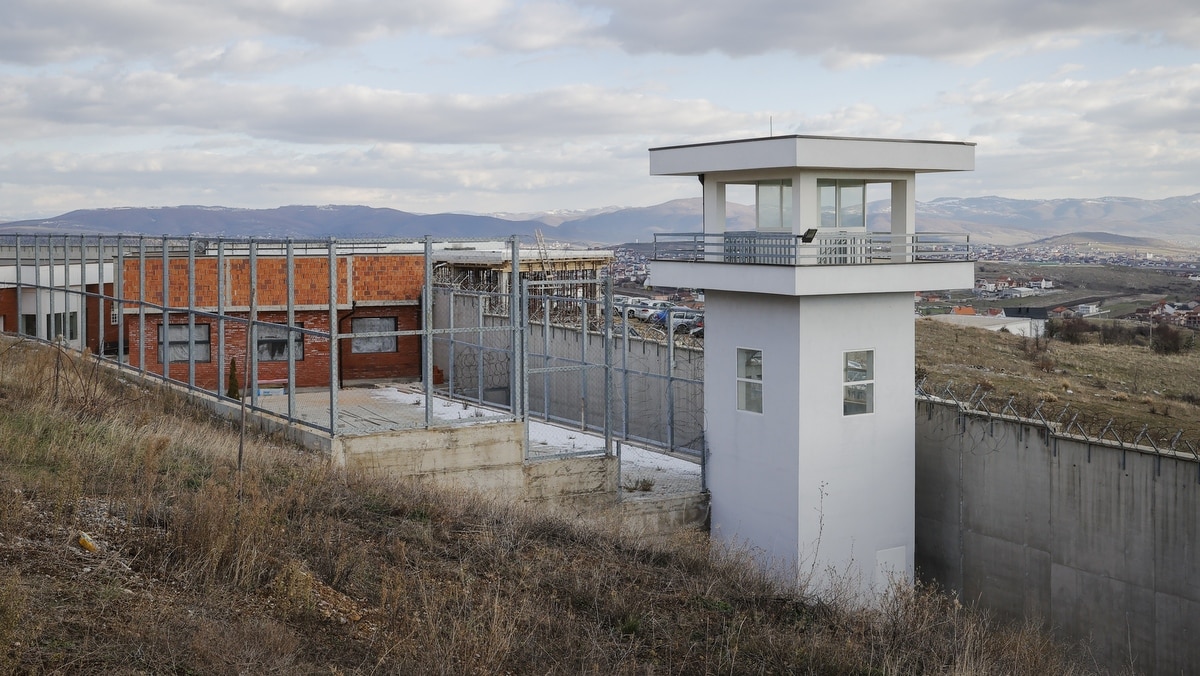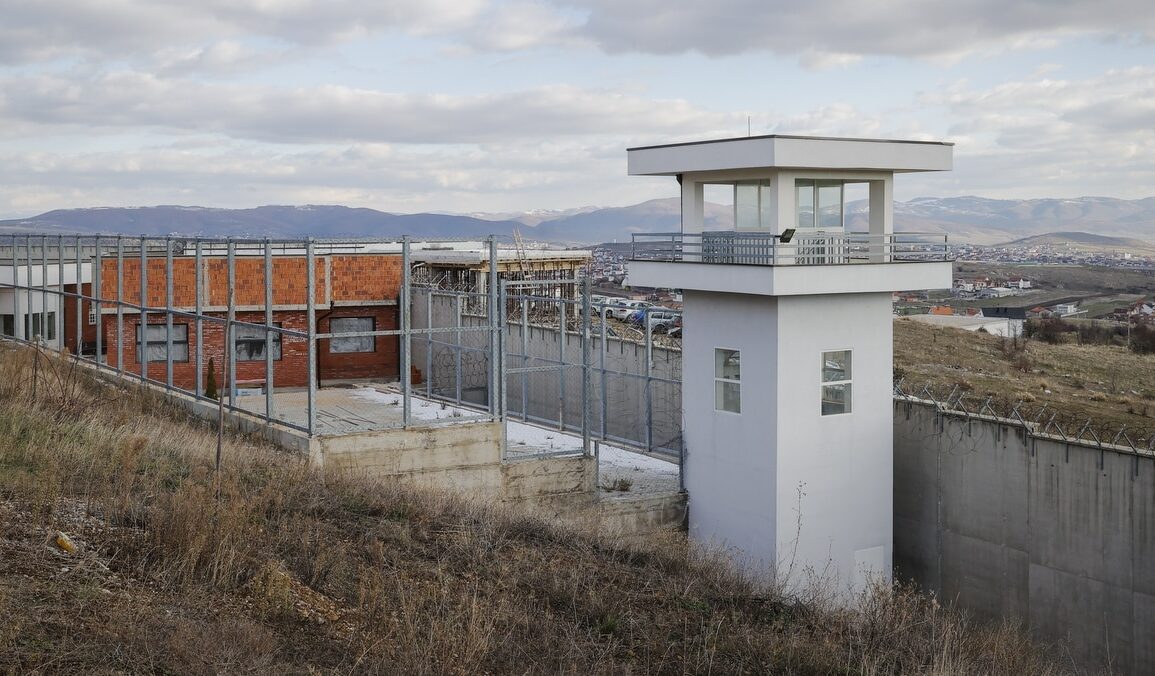
Denmark is one of 22 European Union member states that recognise Kosovo as independent.
When NATO forces rolled into the former southern Serbian province in 1999, 800 Danish soldiers joined them, a presence since cut back to 35. Denmark’s diplomatic relations with Kosovo fall under a non-resident ambassador in Vienna.
But even though Denmark is not one of Kosovo’s biggest diplomatic or financial allies, MP Dimal Basha said Kosovo would take Denmark’s inmates “for free, because this isn’t about financial gain, it’s about the relationship”.
Basha, a member of the ruling Vetevendosje party, was part of a parliamentary committee that toured Denmark’s prisons in 2022, when Social Democrat Nick Hækkerup was justice minister.
In an interview with BIRN, Basha said he told Hækkerup at the time: “If you want to punish these criminals, just send them to Syria. Why are you paying for them to eat in your country after all the opportunities you’ve given them? Of course, I know you can’t do that, but I understand why the Danish people are frustrated. They have such a high standard, and they should keep it because that’s what makes them different from the rest of the world.”
Kosovo, said Basha, is indebted to NATO member Denmark for the Western military alliance’s 1999 air strikes that drove out Serbian forces and halted a wave of atrocities and ethnic cleansing against Kosovo Albanian civilians.
“You have to look at it from our perspective,” he said. “For us, it’s very sacred, what NATO did for us when we were being slaughtered. So when they come and ask you for a favour, it is tough to say ‘No’.”
Vetevendosje argued the deal would help raise prison standards in Kosovo, given that the prison will be renovated to Danish specifications and Danish prison staff will train their Kosovar counterparts.
“Not only will Denmark benefit, but Kosovo will also benefit from having a prison with higher standards, which could eventually improve conditions for our prisoners,” said Vetevendosje MP Vendenis Lahu. “This is crucial because we would never support this agreement if there was even the slightest suspicion of human rights violations. Absolutely not.”
The deal passed parliament in May by 86 votes to seven, after more than two years of heated debate and fluctuating opposition resistance.
Haki Abazi, a former ally of Prime Minister Albin Kurti, was one of those who voted ‘No’.
“Kosovo is exporting its youth and middle class to European countries, while its government decided today to pass the agreement to bring dangerous prisoners from Danish prisons to Kosovo,” Abazi wrote on Facebook after the vote.
“Not only is this damaging to the country’s image and security in Gjilan and beyond, but this decision also sets a dangerous precedent, where for a handful of money, they send their prisoners to Kosovo.”
Hajredin Kuci, a former justice minister from the ranks of the opposition Democratic Party of Kosovo, PDK, told BIRN he would never have signed off on such a deal.
“Be sure of this: our image, the image of Kosovo’s Correctional Service, will be damaged far more than any money we’re getting from this deal,” Kuci said.
“What’s the actual benefit here? There is none. We are not in a position where we can import standards for the correctional service.”
Kosovar prisoners will also lose out, said the Kosova Rehabilitation Centre for Torture Victims, an NGO that supports survivors of torture and other forms of severe trauma, some of them inmates in Kosovo prisons.
Under the deal, the inmates currently in the Gjilan/Gnjilane prison will be moved out to make way for those from Denmark.
“If these prisoners are transferred to other detention centres it will lead to overcrowding, as these centres do not have the capacity for additional inmates,” said Fatmire Haliti, a lawyer at the centre. “If this happens, the rights of Kosovar prisoners will be violated.”
Danish prisons under pressure
This post was originally published on this site be sure to check out more of their content.







